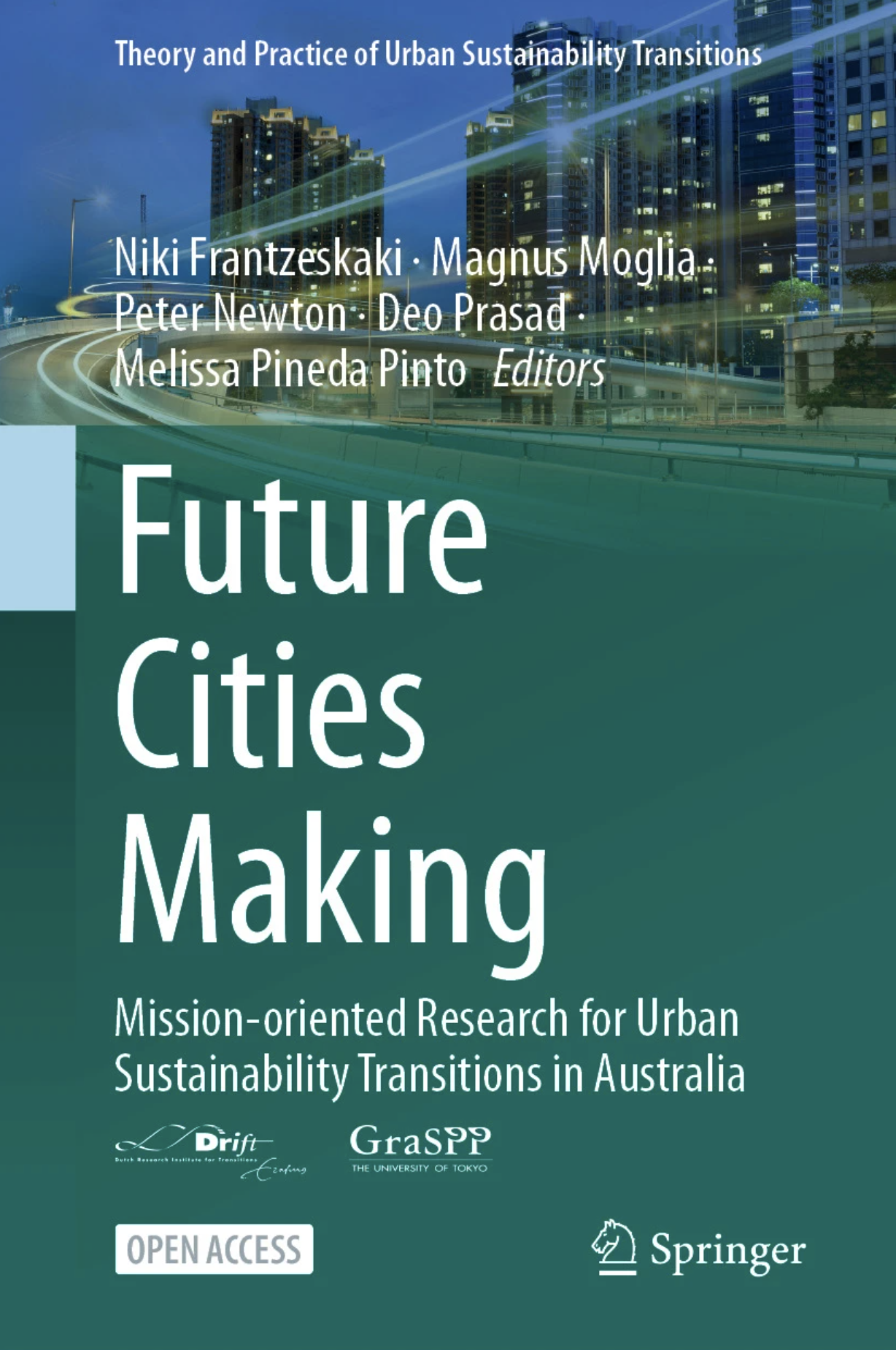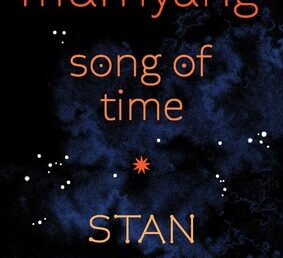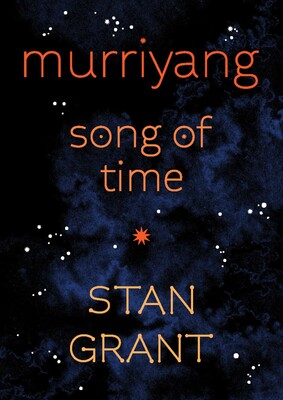Edited By Jaime García-Iglesias, Maurice Nagington, Peter Aggleton
This book explores the relationship between COVID-19 and AIDS. It considers both how the earlier HIV pandemic informed our engagement with COVID-19, as well as the ways in which COVID-19 has changed how we remember and experience AIDS.
Individual sections focus on sexual and intimate relationships, inequalities and injustice, the progressive biomedicalisation of the response (in the absence of a vaccine or effective treatment or cure), and professional, practitioner and community perspectives on the pandemics. The authors come from a wide variety of backgrounds – including public health, nursing, law and legal studies, political studies, and the humanities and social sciences. The book contains contributions by established writers such as Dennis Altman, Shalini Bharat, Tim Dean, Deborah Lupton, Shubhada Maitra, Pauline Oosterhoff and Michael Tan, as well as chapters by Chris Ashford and Gareth Longstaff, Bernard Kelly, Dean Murphy and Kiran Pienaar, and Theodore (ted) Kerr.
This thought-provoking and timely volume includes case studies from Australia, Austria, Brazil, Canada, Germany, India, Indonesia, the Philippines, the UK, the USA and Vietnam. It has been written for students and scholars from a wide range of disciplinary backgrounds, including sociology, healthcare, public health, social work, anthropology, and gender and sexuality studies. The book will also be of interest to the general reader who wants a better understanding of the social and cultural dimensions of modern-day pandemics and the personal and community responses to which they give rise.





